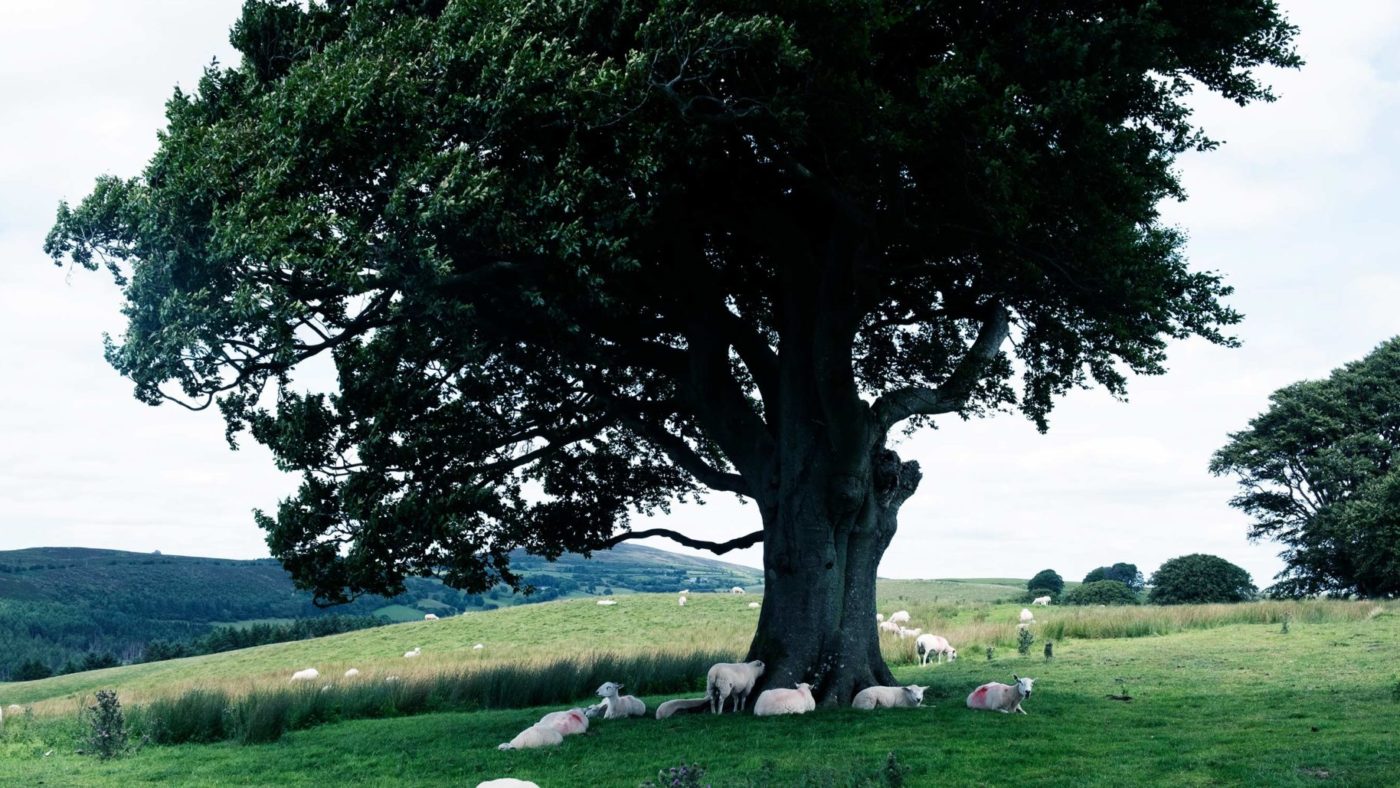Amid years of bitter, divisive Brexit arguments one of the rare areas of harmony is on agricultural policy. Even the most hardened EU enthusiasts had little love for the Common Agricultural Policy, and leaving it certainly offers a golden opportunity to reform farming for the better.
Farming in the EU is dominated by the CAP, a byzantine framework which has regulated what European farmers can do since the early 1960s.
As well as setting rules, the CAP’s raison d’être is doling out vast subsidies – indeed, last year alone saw nearly €60 billion spent. And while that cost is shouldered by European taxpayers, an arguably much greater one is dealt to the natural environment the CAP is meant to help protect.
One of the more egregious elements is the system of ‘Direct Payments’, which award subsidies based upon how many hectares a farmer or landowner manages. That means those farmers are incentivised to turn over as much land as possible to production – even if it means clearing natural features like ponds, hedgerows and trees. Over the years that has done untold damage to the natural environment, and is no doubt linked to the massive reductions in farmland bird populations and the deteriorating water quality of our lakes and rivers. (As an aside, it also drives up the cost of farm rents, and lowers productivity by stopping proper competition.)
It’s therefore very welcome that the Government has now formally set out its plans for a phased transition away from Direct Payments, and towards a more environmentally friendly system. Under the Government’s planned timeline, between 2021 and 2027 such subsidies will be gradually reduced – halving in value by 2024, and stopping entirely by 2028.
While money for Direct Payments will decline, other funding streams will be introduced to make up the shortfall. Farmers will be paid to provide ecosystems services, such as afforestation to remove carbon dioxide from the atmosphere or to mitigate flooding. Other funding will be made available for measures to enhance animal welfare by eradicating diseases among cattle, pigs and sheep. State support will now need to be earned, rather than simply donated.
How exactly all of the new pots of cash for farmers will be divided is up for debate. Pleasingly, the Government notes that “mechanisms such as reverse auctions […] for ecosystems services” might be employed. Back in 2017, I was one of the authors of a policy report detailing how this could work. In principle, we could develop an online marketplace to allow farmers to bid against each other to secure public money to provide public goods. This would drive down the costs to the taxpayer through competition, but also because it could easily make provisions to leverage in finance from private entities, such as water companies who might pay farmers to use buffer strips at the edge of their fields to avoid polluting rivers.
To be sure, there may be other ways the Government wishes to burnish its green agricultural credentials. Junking the EU’s scientifically defunct opposition to gene editing could spark a revolution in developing cheaper crops which need fewer harmful inputs like synthetic fertilisers or pesticides. Innovation grants for vertical farming could change how we think about growing food on a mass scale for good and allow swathes of farmland to be rewilded. Deregulating the sale of so-called ‘novel foods’ could unshackle the clean meat and dairy industries, which will only become more important as more people adopt carbon-cutting flexitarian diets or forgo animal products entirely.
Agriculture covers 72% of land in the UK, making farmers indispensable to achieving a greener, more biodiverse, and ecologically healthy country. Given the potential for agriculture to be both a friend and foe to climate change, it is also a sector which has a crucial role to play in helping the UK get to net zero greenhouse gas emissions by 2050.
The existing EU approach to farming is so dreadful that improving on it was never going to be that difficult. Nevertheless, the Government should be applauded for the boldness of its vision – especially when it could just as easily have hunkered down and continued ploughing the same old furrow as before.
The benefits that the new arrangements confer might take years – decades even – to fully emerge. But, to butcher an old saying, blessed are those whose policies plant trees under whose shade they will never sit.
Eamonn Ives is a Researcher at the Centre for Policy Studies.
Click here to subscribe to our daily briefing – the best pieces from CapX and across the web.
CapX depends on the generosity of its readers. If you value what we do, please consider making a donation.


